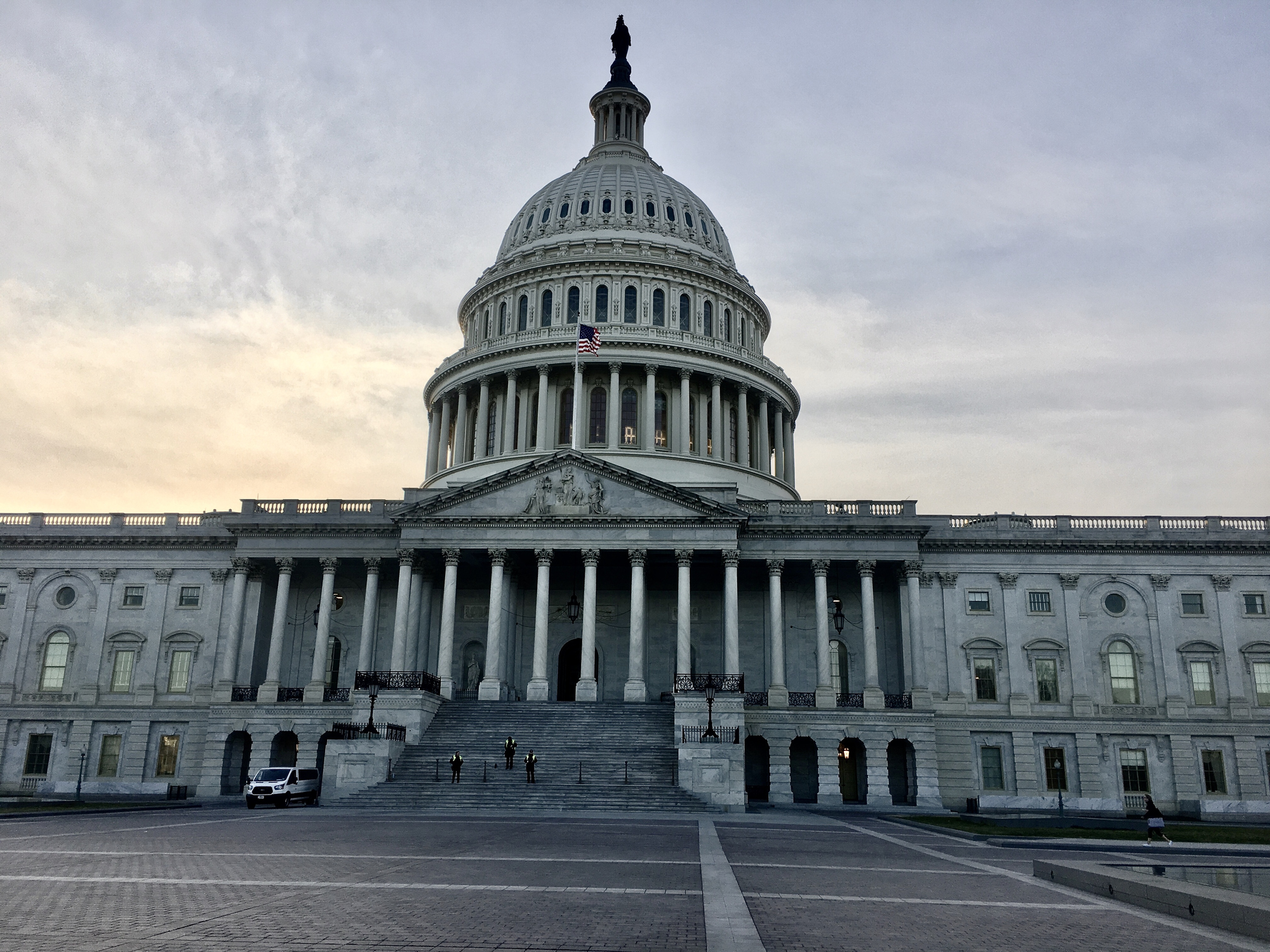By Eric Wilson, Associate, Financial Health Network
Despite economic indicators showing exceptional GDP growth and record low unemployment, the 2018 U.S. Financial Health Pulse shows that a vast majority of Americans are struggling with their financial health. In April, the Financial Health Network, along with Pulse funders and partners, took the findings of this benchmarking survey to Capitol Hill for a briefing with U.S. House and Senate staffers. By awakening to the sobering reality of financial health — that only 28% of those living in America are financially healthy — policymakers can develop strategies and solutions to address this dire issue and contribute to large-scale change.
In addition to offering a snapshot of the study, the event featured a panel discussion to bring to life the practical ways consumer data can be leveraged to understand and ultimately improve the financial lives of people in America. Financial Health Network’s Rob Levy (Vice President of Research & Measurement), Thea Garon (Director of the U.S. Financial Health Pulse), and Garry Reeder (Vice President of Innovation & Policy) were joined on the panel by:
● John Pitts, Policy Lead for Plaid
● Irica Solomon, Assistant Vice President, Federal Relations for MetLife
● Catherine Harvey, Senior Policy Advisor for AARP

The panelists highlighted ways they have integrated Pulse findings into their strategy:
● For example, AARP’s goal is to support aging Americans. They have used Pulse data to clearly identify the weight that poor financial health has on its constituents, specifically the 50 million low- to moderate-income individuals over the age of 50 who are the most vulnerable. A clear picture of the problem aids in eliminating barriers that often prevent Americans over 50 and their loved ones from realizing their long-term plans.
● Plaid works to empower consumers to improve their finances with data. Pulse findings can help identify ways to integrate data into digital tools in order to better serve those that use Plaid-enabled products and maximize financial health impact.
● MetLife raised the prospect of connecting short-term savings accounts to retirement plans (often known as “sidecar” savings) as a possible solution to the savings challenges highlighted in the 2018 Pulse report. They also noted that a shift in incentives and disclosures around defined-contribution retirement plans — contemplating not only monthly contributions but also thinking of account balances as future income — may help address current shortfalls in long-term savings.
There is much work to be done to help more Americans become financially healthy, and policymakers can play a role. We know that financial literacy initiatives have not been enough and a more holistic approach is necessary to help increase financial health across the country.
Moving forward, we hope that policymakers will utilize data from the U.S. Financial Health Pulse to implement effective reform that will have a lasting impact on consumer financial health. Understanding the reality of financial health in America and realizing just how many individuals are struggling with this essential portion of their lives is a fundamental step in the journey. Once we grasp the true scope of this problem, technological and behavioral approaches can not only be integrated into products available on the market but in the policy that we implement across the nation.
The U.S. Financial Health Pulse is made possible through a founding partnership with Flourish, a venture of The Omidyar Group. Additional support is provided by MetLife Foundation, the founding sponsor of our financial health work, and AARP. The Financial Health Network is partnering with the University of Southern California Dornsife Center for Economic and Social Research to field the study to their online panel, the Understanding America Study. We are also working with engineers and data analysts at Plaid to collect and analyze transactional and account data from study participants who authorize it.
This post is the latest in a series from the authors of the U.S. Financial Health Pulse baseline report. In the coming months, we plan to discuss different cuts of the data and respond to compelling questions and feedback we receive from our audience.

